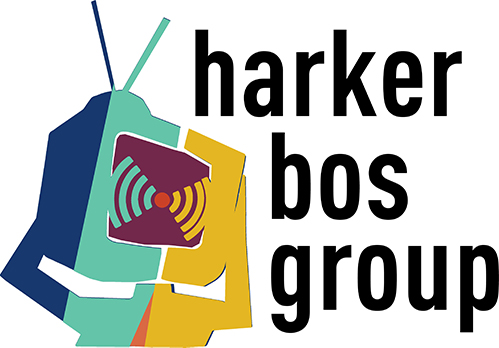Two-Prong Radio Research: Strategic Studies and Music Tests
In the ever-changing world of radio, staying ahead of the game requires stations to understand their audience and market dynamics. That’s where strategic studies and music tests come into play, working together to help stations optimize their programming and make informed decisions.
Strategic Studies
Strategic studies are like a roadmap for radio stations. They provide a holistic view of the market and help stations define and understand their target audience. By digging into market trends, audience demographics, and listening behaviors, stations can get valuable insights into who their listeners are, what they like, and how they consume radio content. It’s like getting to know your listeners as friends, so you can give them what they want!
But it’s not just about knowing your own audience, it’s also about knowing your competition. Strategic studies allow stations to assess where they stand against their rivals. What makes them different? What are their strengths and weaknesses?
Music Pods
Music pods are a crucial part of strategic studies. They let stations try out different sets of songs, or “music pods,” to see which ones resonate the most with their audience. It’s like playing DJ and getting to see which tunes get the dance floor moving. Typically, a station would test pods within their format to test the potential tilts. A classic rock station might test a 70’s pod, an 80’s alternative pod, an 80’s hair metal pod, a 90’s grunge pod, and more. By understanding the tilt of music their listeners like within the station’s format, stations can fine-tune their hooks lists for the music test.
Once the strategic study is done, stations are armed with valuable information about their audience’s preferences and their competitors’ strengths and weaknesses. This helps them test hooks with the right tilt, that didn’t come from guesswork. That classic rock station from earlier might know that their listeners consider 90’s grunge “classic” and like to listen to it, something they would not have been sure of before the strategic study. Now they will know to add Nirvana and Pearl Jam to their music test to see how it fares against their current catalog.
Hand-in-Hand Research
With strategic studies and music tests working hand-in-hand, radio stations can avoid testing hundreds of low-testing hooks or guessing which songs to play. Instead, they can make informed decisions based on real data and insights. It’s the difference between getting on the road with vague oral directions from a buddy and setting off on a road trip with a GPS system.
Strategic studies and music tests are powerful tools that help radio stations optimize their programming and stay ahead in the game. It’s like having a secret weapon that gives stations an edge by understanding their audience, assessing their competition, and creating content that hits all the right notes. So, let the research guide you, and keep rocking the airwaves with strategic studies and music tests as your trusted allies!
Key Takeaways:
- Strategic studies and music tests are two-pronged radio research methods for optimizing programming and making informed decisions.
- Strategic studies provide insights into the market, target audience, and competition.
- Music pods, a part of strategic studies, allow stations to test different sets of songs to determine tilt that resonates the most with their audience.
- Music tests fine-tune playlists based on real data, avoiding guesswork.
- Strategic studies and music tests work together to help stations stay ahead in the competitive radio landscape.


